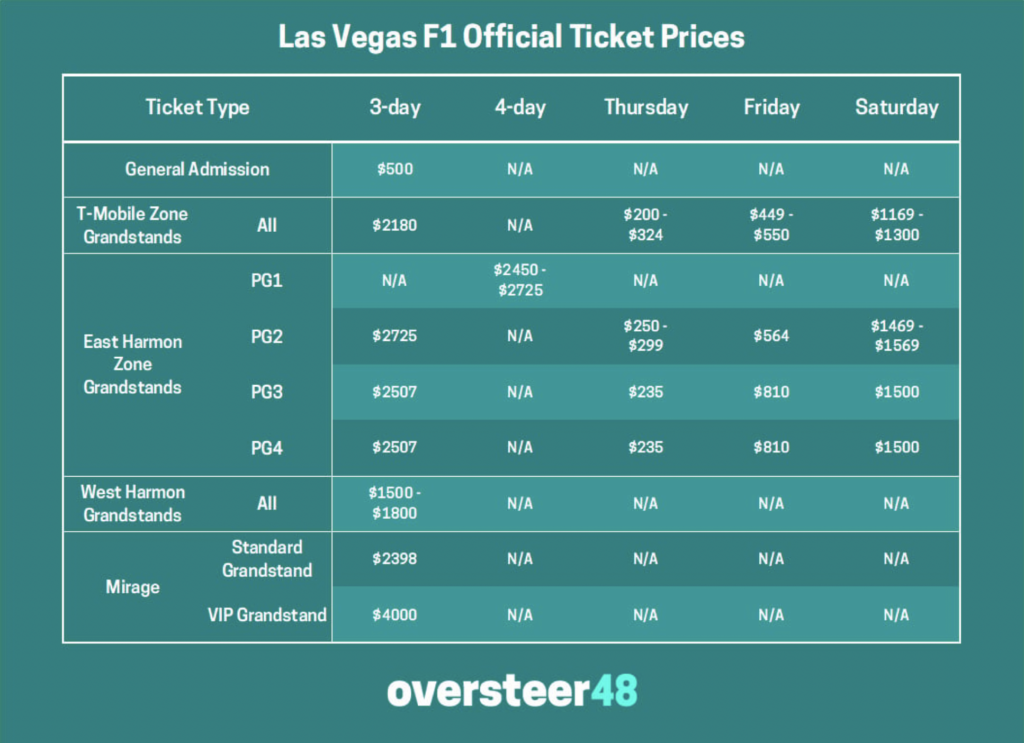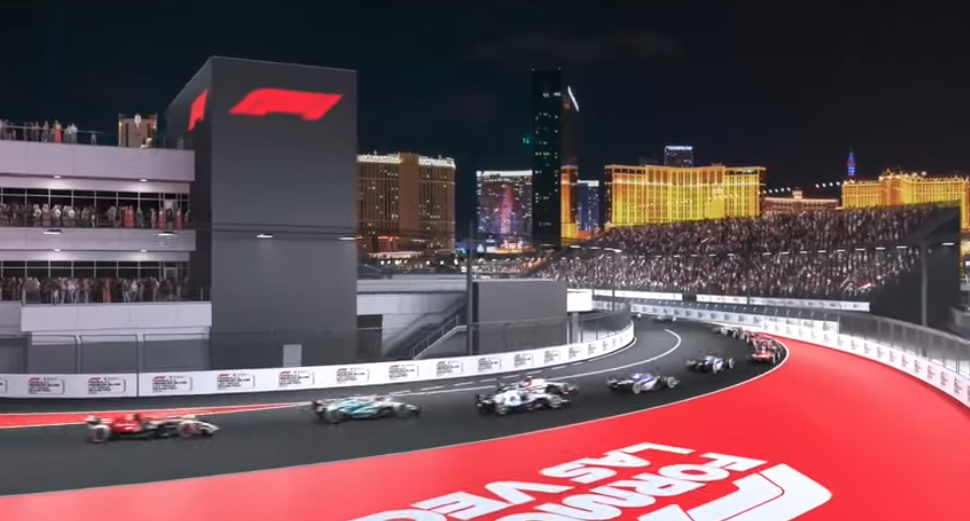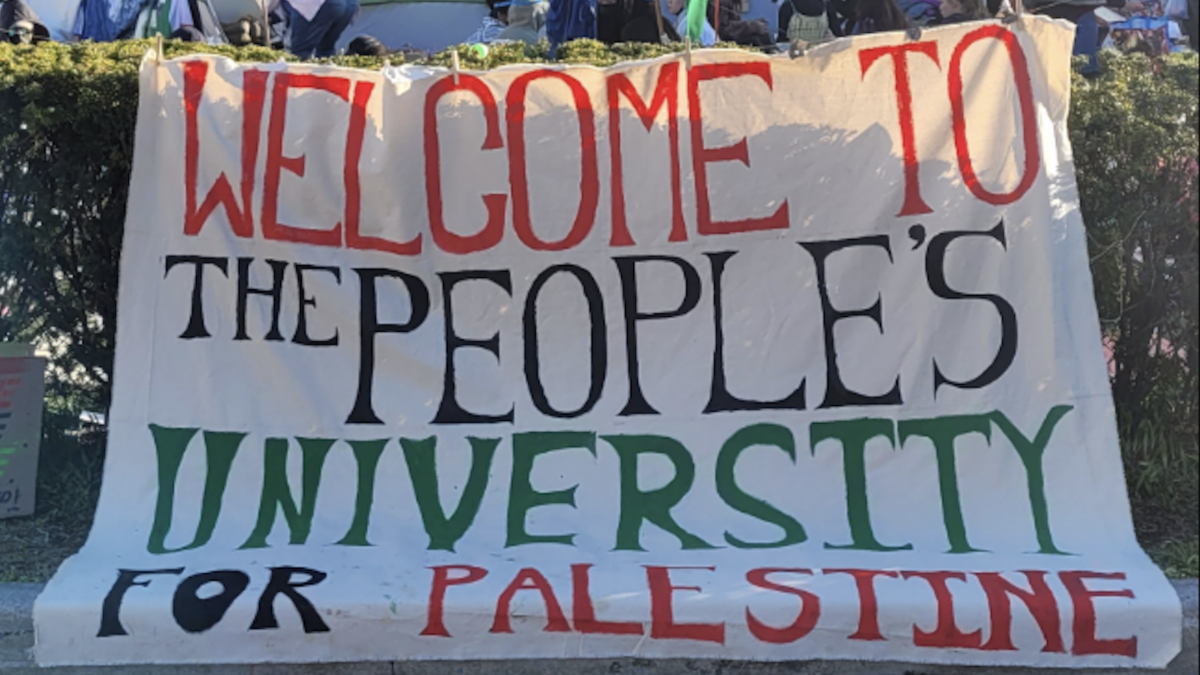It all sounds so appealing: exotic Formula One cars sprinting down Las Vegas Boulevard — the city’s famous “Strip” — at nearly 200 mph, in a nighttime spectacle of glitz and glamor. Series organizers would like it to become the American version of the famed Monaco Grand Prix, run in the streets of Monte Carlo every May.
But this nine-figure gamble could also go bust. A confluence of logistical and technical obstacles has created public relations headaches for Formula One’s latest American endeavor over the past several weeks. If they persist through race weekend, which starts late Thursday and concludes with Saturday night’s race, the series might need to hope that “what happens in Vegas, stays in Vegas.”
Traffic and Local Nightmares
Numerous articles have discussed the local headaches associated with staging a grand prix right on the Las Vegas Strip. Formula One has spent several hundred million dollars buying land near the Strip and constructing a pit/garage area, along with stands for watching the race.
All the work has snarled Las Vegas traffic, diminished views of Strip icons like the Bellagio’s fountains, and created hassles for visitors and locals alike over the past several months. To top it off, the hospitality workers union had openly talked about going out on strike during race weekend.
The city averted one crisis on Friday, when the last hotel chain reached an agreement with the union on a contract, preventing a strike during the grand prix. But all the drama has led to a spate of stories and controversies leading up to race weekend — not exactly getting off on the proverbial right foot.
Ridiculous Prices
Formula One apparently thought the idea of a grand prix along the Las Vegas Strip gave the sanctioning body carte blanche to charge whatever it liked. A Formula One fan site shows the breakout of prices announced when tickets went on sale last year:

The cheapest ticket to see the race on Saturday costs nearly $1,200 (not including taxes and fees), with passes for the entire weekend costing as much as several times that amount. Even general admission tickets, which don’t come with a reserved seat, cost $500.
These prices are several times higher than most other Formula One grands prix, to say nothing of tickets for other auto racing events. For instance, my general admission ticket for the Indianapolis 500 this past May also cost $500. But my ticket covered nearly three weeks of practice, qualifying, and race sessions, compared to only three days of racing in Las Vegas. And my ticket also included full access to the pit and garage areas — including on race day.
Perhaps unsurprisingly, given the high prices, an analysis last week showed that at least 10,000 tickets held by the race organizers remain unsold — with many more being sold at cut-rate prices on websites like StubHub, as ticket brokers try to unload their excess inventory before the race.
Las Vegas hotels are in the same boat. When the race was announced last year, many of them jacked up their rates for race weekend, with several hotels charging well over $1,000 per night. But with the race far from a sellout, hotels are slashing their rates, cutting them by 58 percent on average, and as much as 83 percent in one instance. Fans who paid last year’s inflated rates are desperately trying to rebook to obtain the lower, more reasonable prices.
The debacle seems like an entirely predictable one. Formula One and the Vegas hotels somehow thought that amid worldwide problems with inflation, 100,000 or so race fans would be willing to shell out $10,000 or so each (including flights, hotel, and tickets) to spend a weekend at a grand prix — a ridiculous proposition if there ever were one. They appear to be learning their lesson the hard way.
(American) Fans Won’t Watch
The biggest stunner about the Las Vegas Grand Prix could be the event’s time. The race on Saturday night will not start until 10 p.m. local time. That might sound early on a Saturday evening in a city renowned for its nightlife, but 10 p.m. Las Vegas time amounts to 1 a.m. Sunday morning on the East Coast — that’s for the start of the race.
For residents in Washington or New York, the race won’t end until nearly 3 a.m. Saturday night/Sunday morning. The practice sessions don’t start at much more reasonable hours either — the “early” practices on Thursday and Friday evenings will start at 8:30 p.m. local (11:30 p.m. on the East Coast), and the “late” ones will start at midnight local time (3 a.m. on the East Coast).
Why would Formula One start a race at such seemingly late hours? Why wouldn’t it start a Las Vegas night race at, say, 6-7 p.m. local time, which is 9-10 p.m. Eastern?
Because Formula One, as usual, really doesn’t care about American fans or American audiences. A race that started at 6 p.m. Las Vegas time — the best hour for viewing on the American continent — would come on the air at 2 a.m. in the British Isles and 3 a.m. in most of mainland Europe. Instead, Formula One is starting the race at 10 p.m. Las Vegas time — even if it is the middle of the night for most American viewers — because it hopes to gain more eyeballs in Europe, where it will be 6 a.m. Sunday in London, and 7 a.m. in most of the continent.
Even when it comes to the United States, Formula One manages to insult American fans while doing so by prioritizing television viewers in Europe. The timing could end up proving the worst of both worlds — too late on Saturday night for American viewers to watch and too early on Sunday morning for European audiences. Not to mention the fact that Formula One will race in what amounts to the middle of the night in the high desert of Nevada — at a time of day and during a time of year when temperatures could dip close to freezing, creating difficult conditions to race (to say nothing of the effect on the fans paying so much to watch the grand prix).
There are many reasons why Formula One’s Las Vegas gamble could come up snake-eyes. And given the way it has treated fans as a mere afterthought to its business of parting them from their money, such an outcome would offer a deserved dose of poetic justice.









